Surviving Cancer
Oct 15th 2020
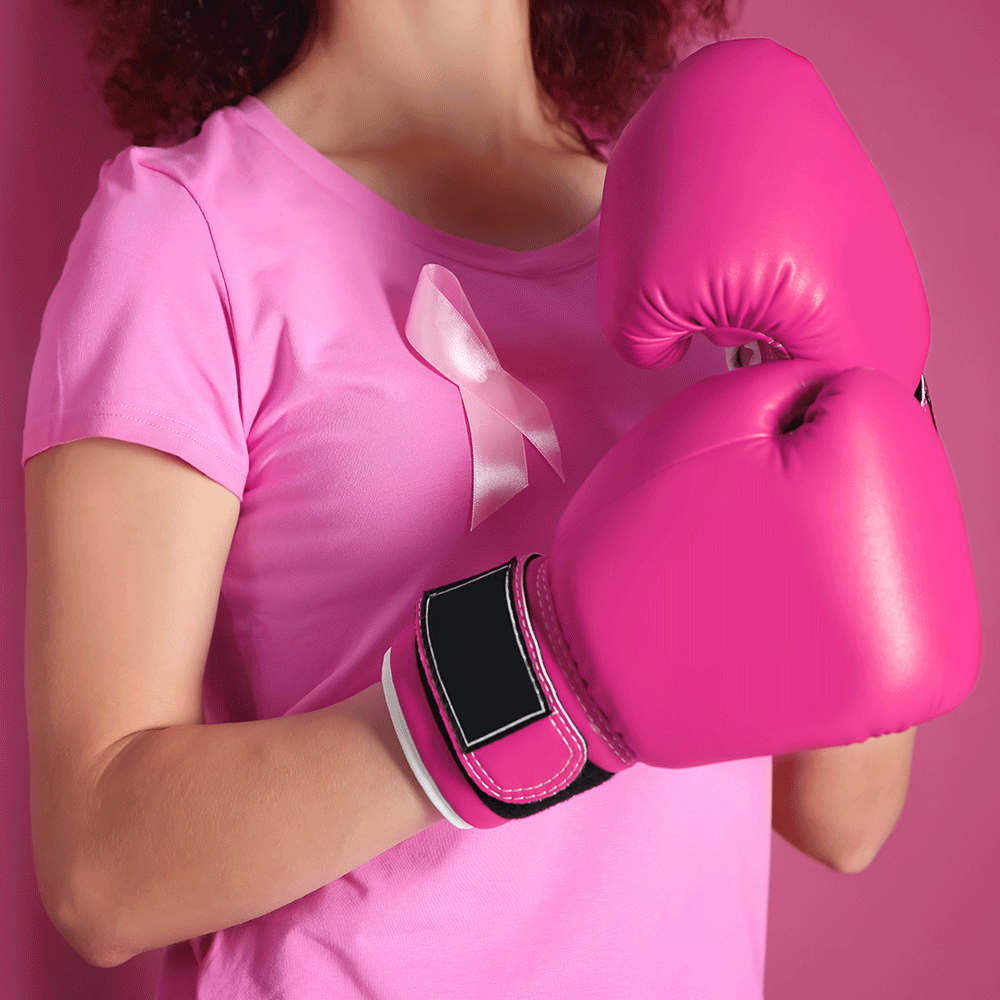
October is Breast Cancer Awareness Month and the most common kind of cancer in the United States is breast cancer, followed by prostatic cancer, then colorectal. We are aware that screening is important for preventing cancer, but what else can we do to improve our ability to survive this frightening diagnosis?
Most of us would be stunned if we were to receive a cancer diagnosis, and we might not know how to organize and optimize our life moving forward. Prehab, or maximizing physical condition, nutrition, emotional health, as well as a general sense of well-being are all important tools for surviving cancer.
Patients may need follow up cancer treatment with hormone therapy, chemo, or not need any additional therapy at all, but it always makes sense to address lifestyle issues like diet, exercise, and nutrition to create a program for healthy living.
Marleen Meyers, MD is an oncologist who leads a group of professionals at the Perlmutter Cancer Center Survivorship Program at NYU Langone Health; the group includes nurse practitioners, oncology nurses, social workers, registered dietitians, and integrative medicine specialists. She says, “Cancer survivorship goes hand-in-hand with living well. Recuperating from treatment can take a long time, but good nutrition and an active lifestyle can help dramatically.”
During treatment, walking is a good treatment because it is simple. With their physician’s blessing, even those who have never exercised in the past can lace up their shoes and take a walk while abiding with the rules of wearing a mask and maintaining social distancing. If patients have no restrictions, they can begin by making a commitment to walking 15 minutes at least a few days a week.
Those who have never exercised can slowly build up to walking 30-minutes at a mid-moderate speed, five days a week. They can also incorporate walking into their daily life by parking a distance from a destination and taking different routes around the neighborhood to make walking more interesting. Listening to podcasts while walking, looking for new challenges like stairways to climb, can all help improve stamina, strengthen immunity, and improve the ability to get through treatment.
There are fewer long-term effects to radiation now than there ever were before, but contracture and scarring does occur and may need to be treated with stretching and acupuncture. Chemotherapy can cause damage to nerves in fingers and toes, but the nerves usually do grow back, albeit slowly. Winter is coming soon, so when it is cold, remember to protect tender fingers and toes with warm socks and gloves.
A diagnosis of cancer creates an emotion—an awareness of our mortality that is exacerbated because of needing to cope with the stress of the COVID pandemic. When we are anxious, we need to ask our care providers, “What else can I do to improve my mental health, my wellness, and my psychosocial health in order to help me feel calmer and happier.”
In modern western medicine, we sometimes forget about engaging in complementary therapies like acupuncture, meditation, yoga, tai chi, or even swimming, and we may also need to be reminded that there is never a reason that we need to give up.
In traditional Chinese medicine, prevention is key and we can actively participate in surviving cancer by committing ourselves to a regime that includes good nutrition, exercise, and a healthy lifestyle.
Let’s do it!
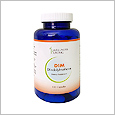 | 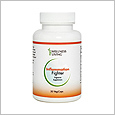 |  | 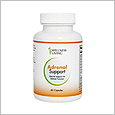 | 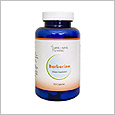 |
| DIM | Inflammation Fighter | Detox Bath Sachets | Adrenal Support | Berberine |

